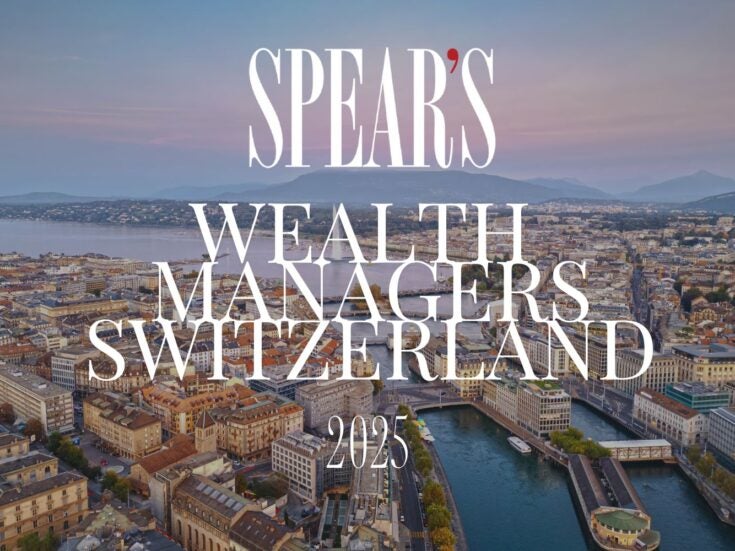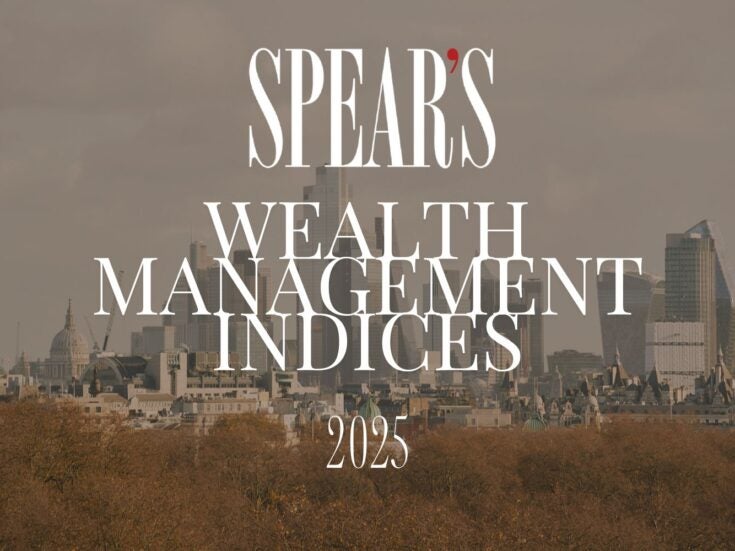
As the UK grows its super-rich, the number of foundational ‘Band One’ millionaires – those with between $1 million and $5 million in investable assets – declined sharply in 2024, according to a new report.
The UK lost more than 14,000 Band One millionaires last year, according to consultancy Capgemini’s 2025 World Wealth report. This contrasts sharply with global trends, as figures show that high-net-worth wealth grew by 4.2 per cent worldwide. The US alone minted 562,000 new millionaires during the same period.
Meanwhile, the UK’s UHNW population, with assets of $30 million plus, has grown by 2.5 per cent.
[See also: Britain’s wealthy are leaving the UK in record numbers]
Why is Britain losing Band One millionaires?
With assets that are less diversified than the super-rich, Band One millionaires were particularly exposed to the 2024 budget, Elias Ghanem, the global head of Capgemini’s Research Institute for Financial Services, told Spear’s.
A toxic blend of tax changes, weak returns and limited investment options are being exacerbated by inflexible service from wealth managers, the 6,400-participant survey found. Flagging a significant generational handover of wealth in the coming years, younger successors say they are more willing to change tax residences, swap advisers and embrace alternative investments.
Moving on out
Almost half of the Band One cohort has changed tax residency, or was planning to do so, as emerging wealth hubs such as Singapore, Hong Kong, the UAE and Saudi Arabia are luring HNWIs with diverse asset classes, better returns and favourable regulatory environments.
Along with asset relocation and tax planning, physical relocation is increasingly a consideration for HNWIs.
Oliver Piper, head of private client at Farrer & Co., advising HNW families on trusts, tax and succession planning, said that ‘a significant number of resident non-domicile (RND) clients have either left the UK, or are reassessing their long-term plans’.
Piper said that changes to non-dom tax regimes had spurred a flurry of relocation enquiries from HNW clients. Inheritance tax, the tightening of trusts rules and underwhelming economic growth are also contributing factors to the wealthy looking elsewhere.
And for those jumping ship, Piper said the most frequently discussed jurisdictions are Dubai, Monaco, Switzerland and Italy. The Channel Islands are also emerging as another particularly desirable option to non-doms, thanks to their proximity to the UK.
[See also: The best citizenship options to secure your child’s future success]
Shifting wealth distribution
A staggering 81 per cent of next-gen HNW respondents told Capgemini they plan to switch from their parents’ wealth management firms within one or two years.
With $83.5 trillion set to be passed on to Gen X, millennials and Gen Z in the coming 23 years, and 35 per cent of HNWIs expecting to inherit wealth in the next five years, Ghanem warned of a ‘storm in the making’ for wealth managers, who face a triple threat through shedding clients, losing talent and falling behind global competition.
What are these younger clients looking for from their wealth management providers? Four key attributes: a diverse product mix, better offshore investment options, more value-added services and stronger digital channels, such as agentic or generative AI.
‘The younger generation in the UK has a longer view and is already aggressive in alternative investments,’ Ghanem said of British HNWIs.
For next-gen HNWs, these alternative assets include private equity, private debt and cryptocurrencies, with 61 per cent of millennial and Gen Z HNWIs allocating capital to higher-growth or niche assets. Some 88 per cent of advisers noted increased interest in alternatives from these younger clients compared with baby boomers.
While 23 years may seem like a long time to turn things around, Ghanem stressed that whatever wealth management firms can do now to retain, or attract, the next generation of HNWs is ‘essential’.
While the UK remains attractive to the super-rich, wealth managers and policy makers must adapt quickly to meet the needs of younger, more mobile millionaires who are not afraid to grow their wealth elsewhere.







